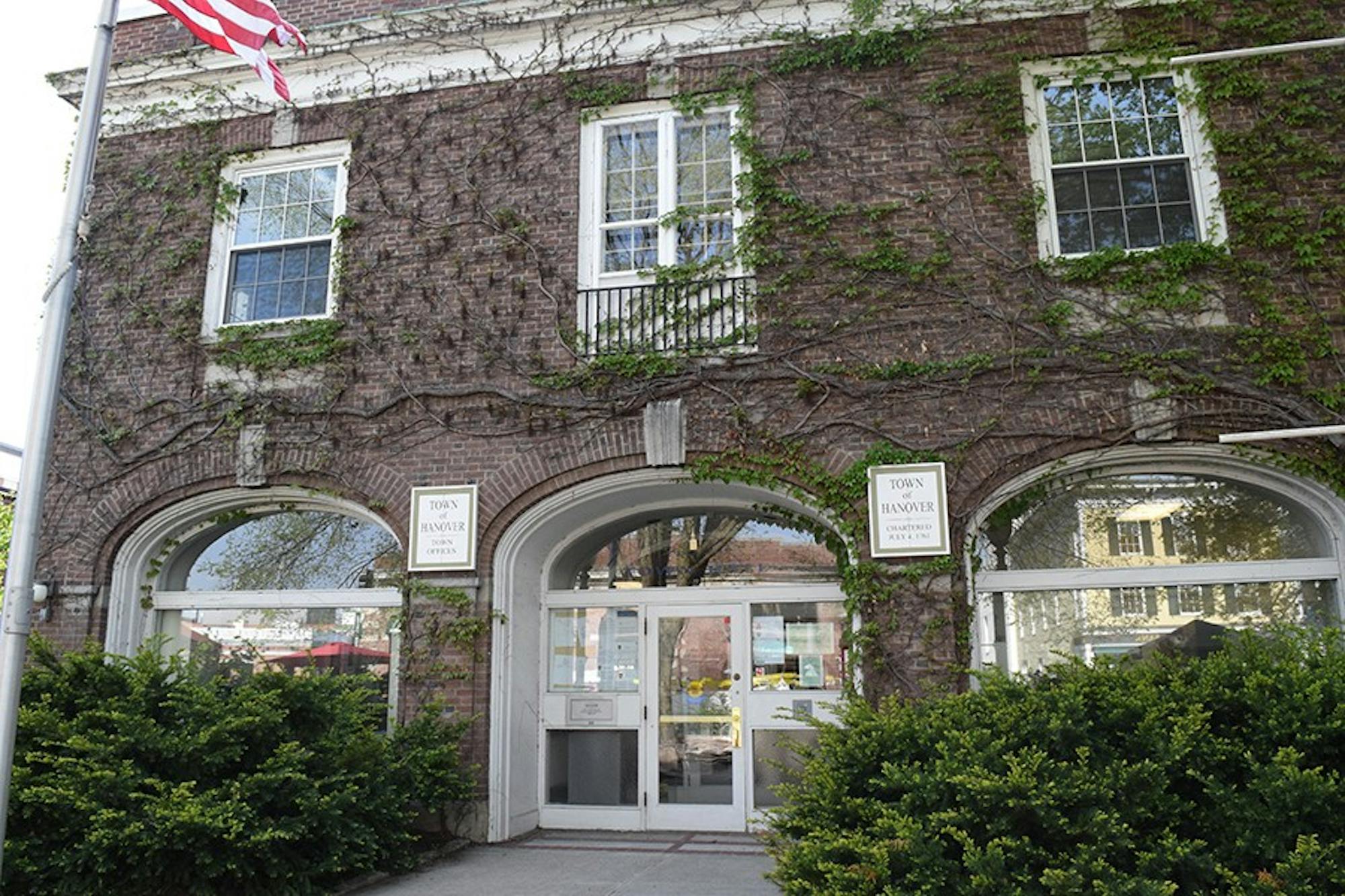On Tuesday, May 9, Hanover residents overwhelmingly voted to pass Article 23 during the annual town meeting. Article 23 set a community-wide goal of sourcing 100 percent of the town’s electricity from renewable energy by 2030 and transitioning heat and transportation to also run on renewable energy by 2050, joining the Sierra Club’s Ready for 100 campaign. Hanover is the first town in the state of New Hampshire and the 29th municipality in the nation to establish a goal of completely transitioning to renewable energy, according to vice chair of the Sierra Club Upper Valley Group Judi Colla.
Instead of voting for the article by ballot, individuals voted on Article 23 verbally at the town meeting that night.
Hanover director of public works Peter Kulbacki said that while town officials have considered transitioning to renewable energy for roughly a decade, they did not begin crafting Article 23 until last September. Kulbacki said that the Sierra Club Upper Valley Group inspired the town to take action. The Sierra Club is a national environmental organization.
Colla said that the Sierra Club was responsible for some of the language in Article 23, though own officials modified some of the Sierra Club’s language to make Article 23 easier for Hanover residents to understand.
Kulbacki estimated that only a few people out of the hundreds present at May 9’s town meeting voted against Article 23. Colla said that before the vote took place, she was not entirely sure that the article would pass, due to uncertainty following the 2016 presidential election.
Kulbacki emphasized that Article 23 only set forth guidelines for the town to follow, and that 2030 and 2050 are not strict deadlines for action. The article’s passing is still impactful because “the first step is to make a commitment,” he said.
Hanover has not yet calculated the possible costs of the transition. Kulbacki noted that any cost estimate the town makes today may not be accurate because renewable energy technologies will likely become less expensive in the future.
Kulbacki said that although the town has not yet decided which renewable energy technologies it will use in the transition, solar energy is a promising possibility. The cost of solar panels has decreased so much that the cost of solar energy is comparable to that of energy sourced from fossil fuels.
Wind power is not as appealing as solar power because some residents find wind turbines unsightly, he added. Colla agreed that solar energy was a realistic possibility, and added that wind is not abundant in Hanover because the town is located in a valley.
Kulbacki identified current zoning laws as an obstacle that may prevent the installation of solar panels in Hanover. Currently, zoning laws dictate that land cannot be primarily devoted to collecting solar energy. Instead, solar panels must be installed as an “accessory” to a property that has another purpose, he said.
However, the Town has already had some success introducing residents to the idea of solar power, Kulbacki said. From October 2014 to January 2015, Hanover participated in the Solarize program, under which solar panels were installed in 62 homes. The program was run by Vital Communities, a nonprofit based in White River Junction.
Residents purchased all 62 panels from a single vendor, Energy Emporium, based in Enfield, which decreased the cost, as they bought in bulk.
Colla said that the Sierra Club Upper Valley Group plans to expand its Ready for 100 campaign to other towns in the Upper Valley, including Lebanon, Plainfield and Cornish. Colla explained that the Sierra Club lobbies for transitions to renewable energy at the local level as environmental issues tend to be highly politicized at state and national levels.
Divest Dartmouth member Greg Szypko ’20 said that while the organization was in favor of Article 23, it was not involved in proposing the measure.
Divest Dartmouth member Ches Gundrum ’17 said that some Divest Dartmouth members canvassed around campus to encourage students to vote in favor of Article 23. Both Szypko Gundrum said that Article 23 might pressure College President Phil Hanlon and other college administrators to divest from companies that extract fossil fuels because the wide body of support for the measure indicates that many Hanover residents and College students oppose the use of fossil fuels.




